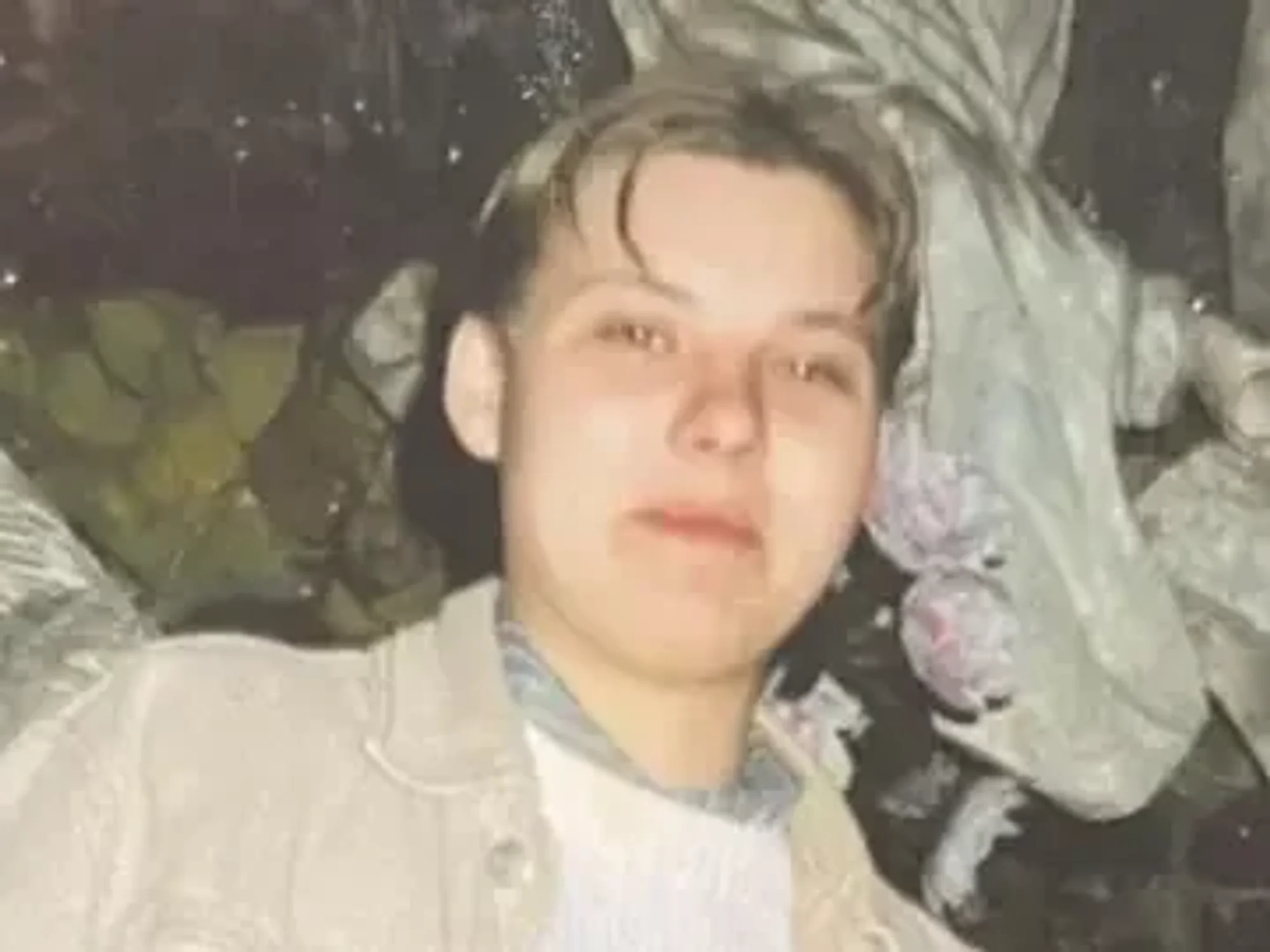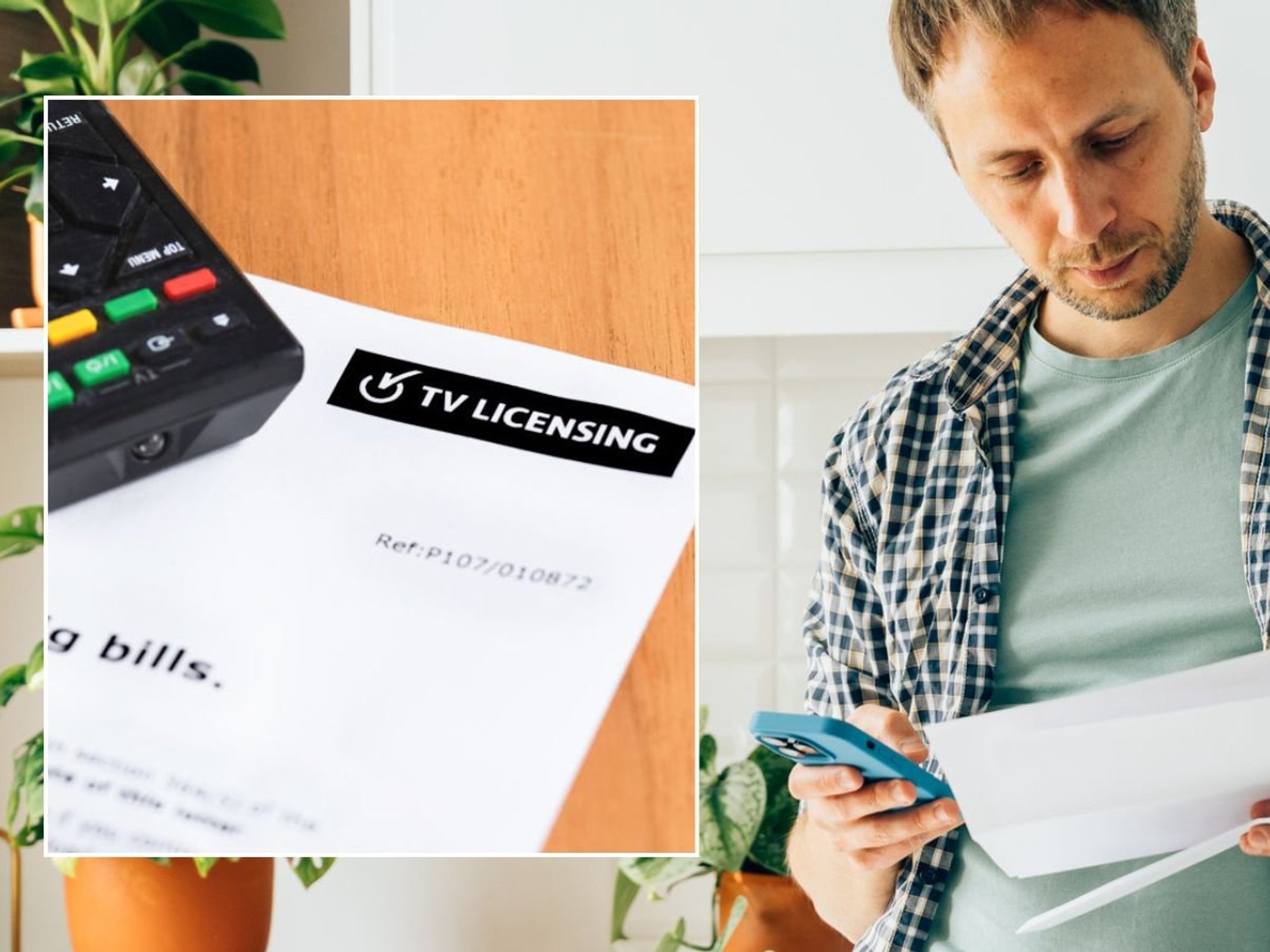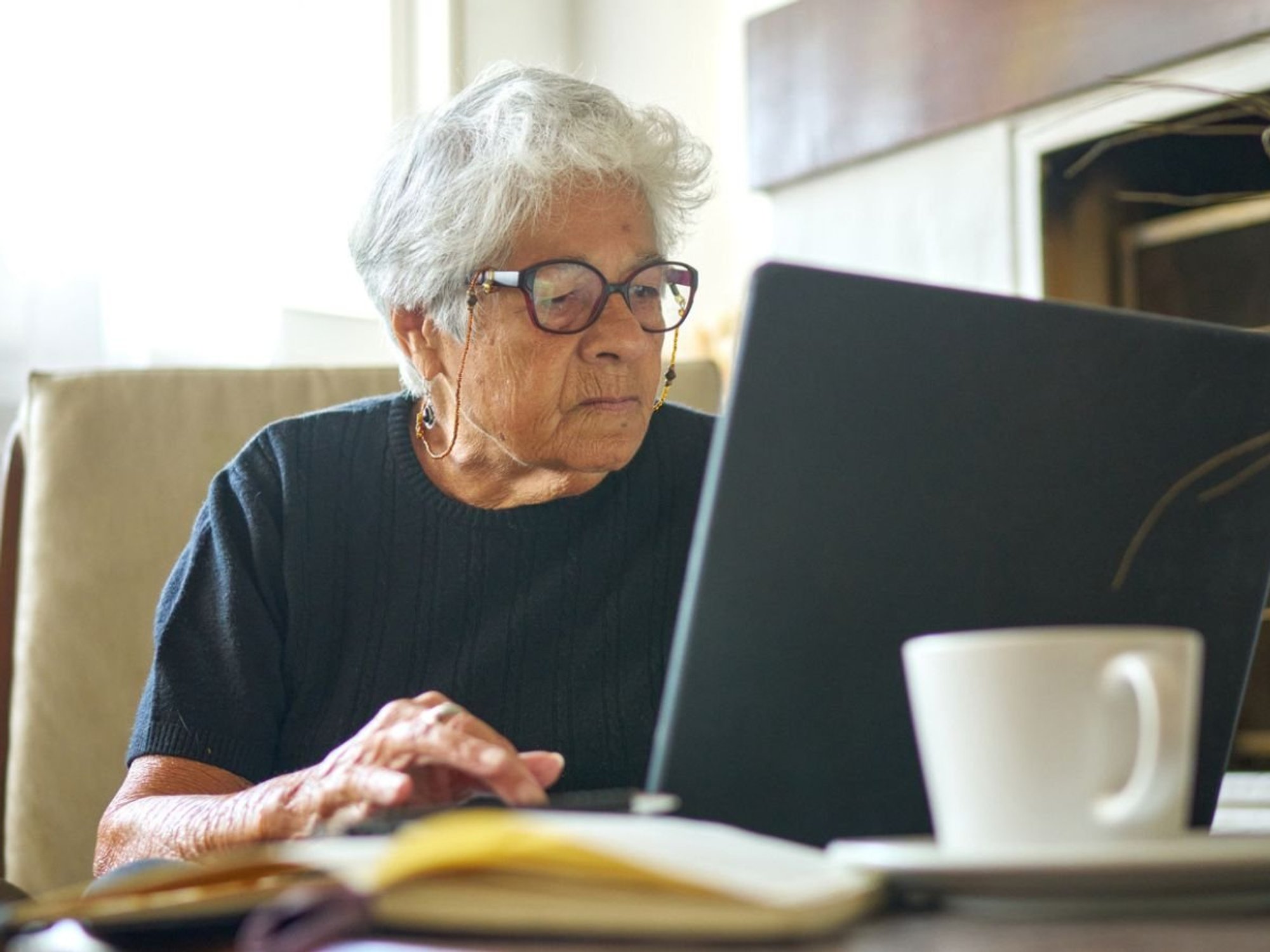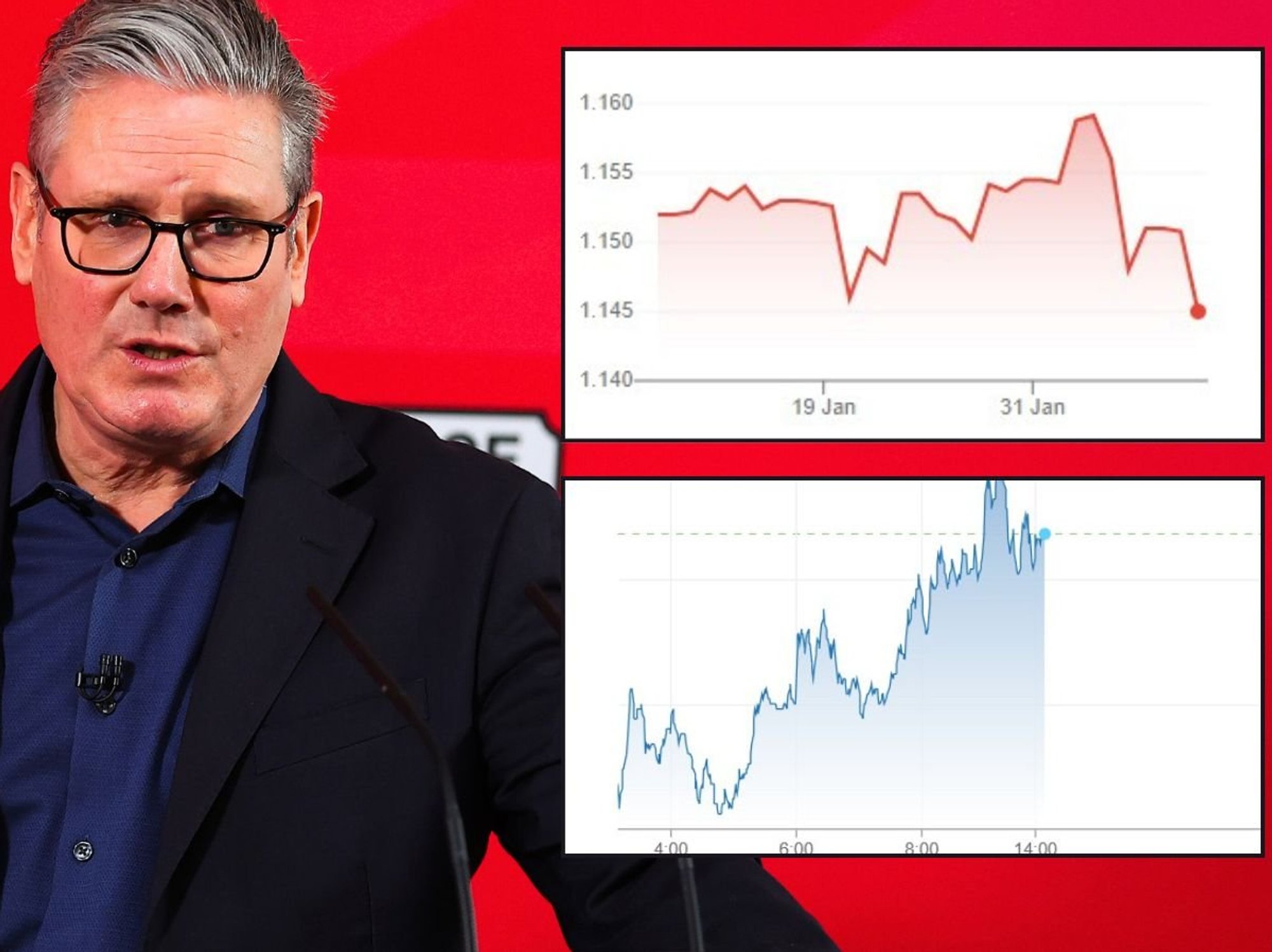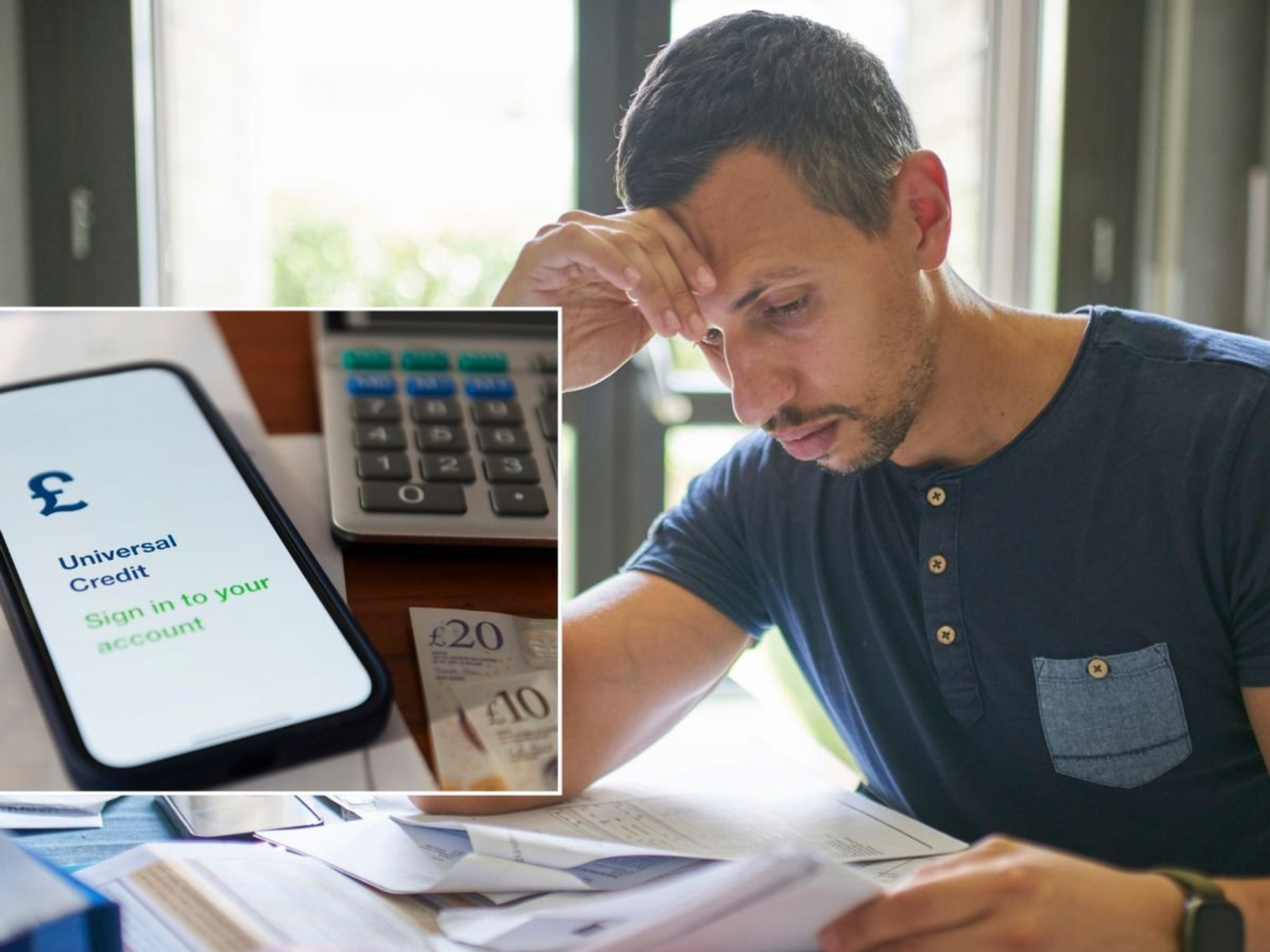Private school VAT hike: Labour admits it is CLUELESS how many teachers tax raid has funded
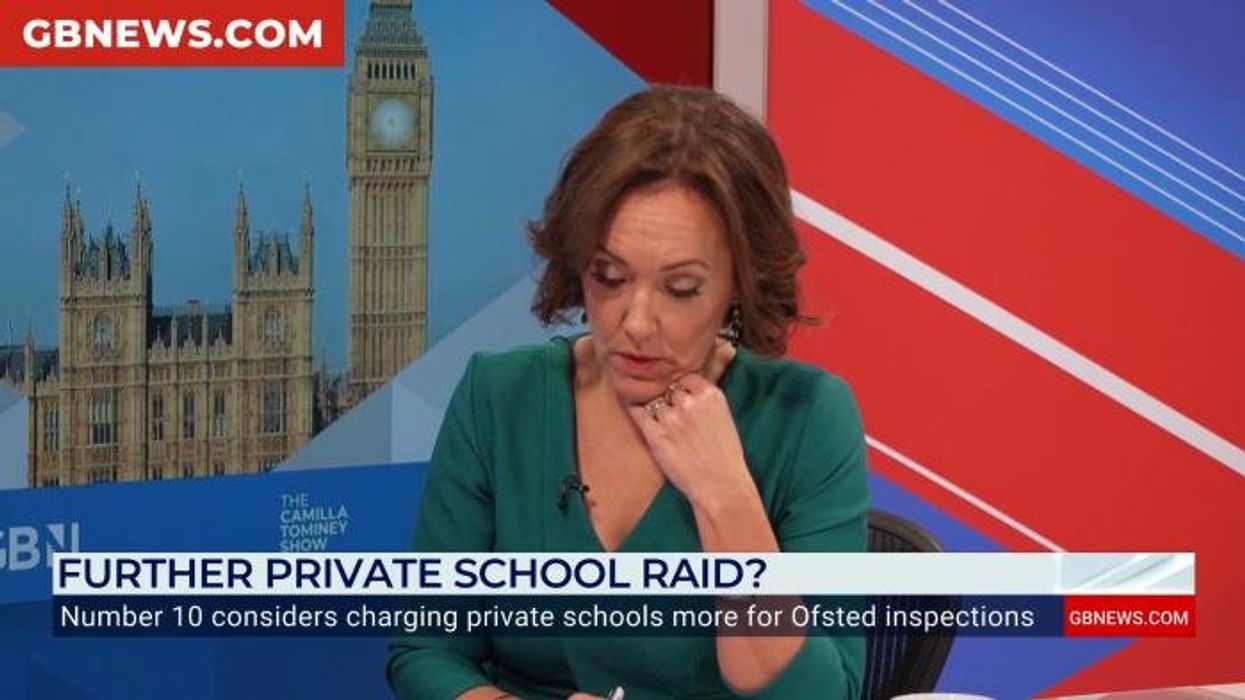
GB News

Government can't say how many new teachers recruited as £1.7billion tax policy sparks school closures
Don't Miss
Most Read
Latest
Ministers have failed to disclose how many additional teachers have been recruited for state schools using revenue from the private school VAT levy.
The policy, introduced in January, was expected to raise £1.7billion a year by 2030 to fund new teaching posts in the state sector.
When questioned in Parliament last week, education minister Baroness Smith of Malvern declined to provide recruitment figures.
Lord Lexden had asked for both the total revenue collected and the number of teachers employed as a result of the new tax.
The minister’s response addressed only projected revenue, leaving the staffing question unanswered.
Her omission has prompted concern over whether the promised investment in state school teaching resources is taking place as pledged.
Lord Lexden asked: “What is the total sum raised so far by the introduction of VAT on independent school fees, and how many extra teachers have been recruited as a result?”
Baroness Smith’s written reply referred solely to Treasury projections, stating the policy would raise £1.7billion annually by 2029–2030 after accounting for additional state sector costs.
The lack of information on teacher recruitment has fuelled doubts about the Government’s ability to monitor outcomes from one of its most high-profile education policies.
It follows confusion earlier this year when Sir Keir Starmer appeared to suggest that VAT revenue might support housing initiatives rather than education staffing.
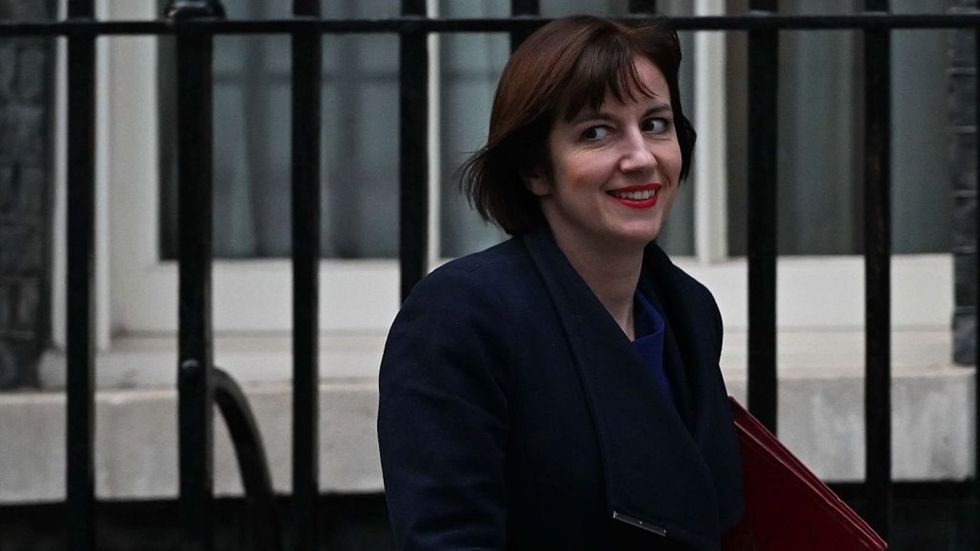
Bridget Phillipson doesn't know how many teachers VAT has funded
|GETTY
Shadow education minister Saqib Bhatti said: “Labour’s woeful education tax has forced dozens of independent schools to close and has forced thousands of pupils into the state sector.”
He added: “Now revelations show that the Government has no idea how many teachers they have been able to hire because of this devastating tax increase.
Rather than looking to impose harmful taxes on the education sector, Bridget Phillipson should be focused on delivering for students.”
Mr Bhatti accused the Government of pursuing an ideologically driven policy.
He said: “This clueless Education Secretary’s vindictive policy is a blatant attempt to stoke class warfare.
"It has caused chaos for students and parents and shows that anti-aspiration Labour are more interested in ideology than educating our children.”
The impact has exceeded ministerial forecasts, with about 25,000 students leaving private education since Labour’s election victory in July.
Initial Government estimates suggested only 3,000 pupils would transfer to the state sector by September.
LATEST DEVELOPMENTS
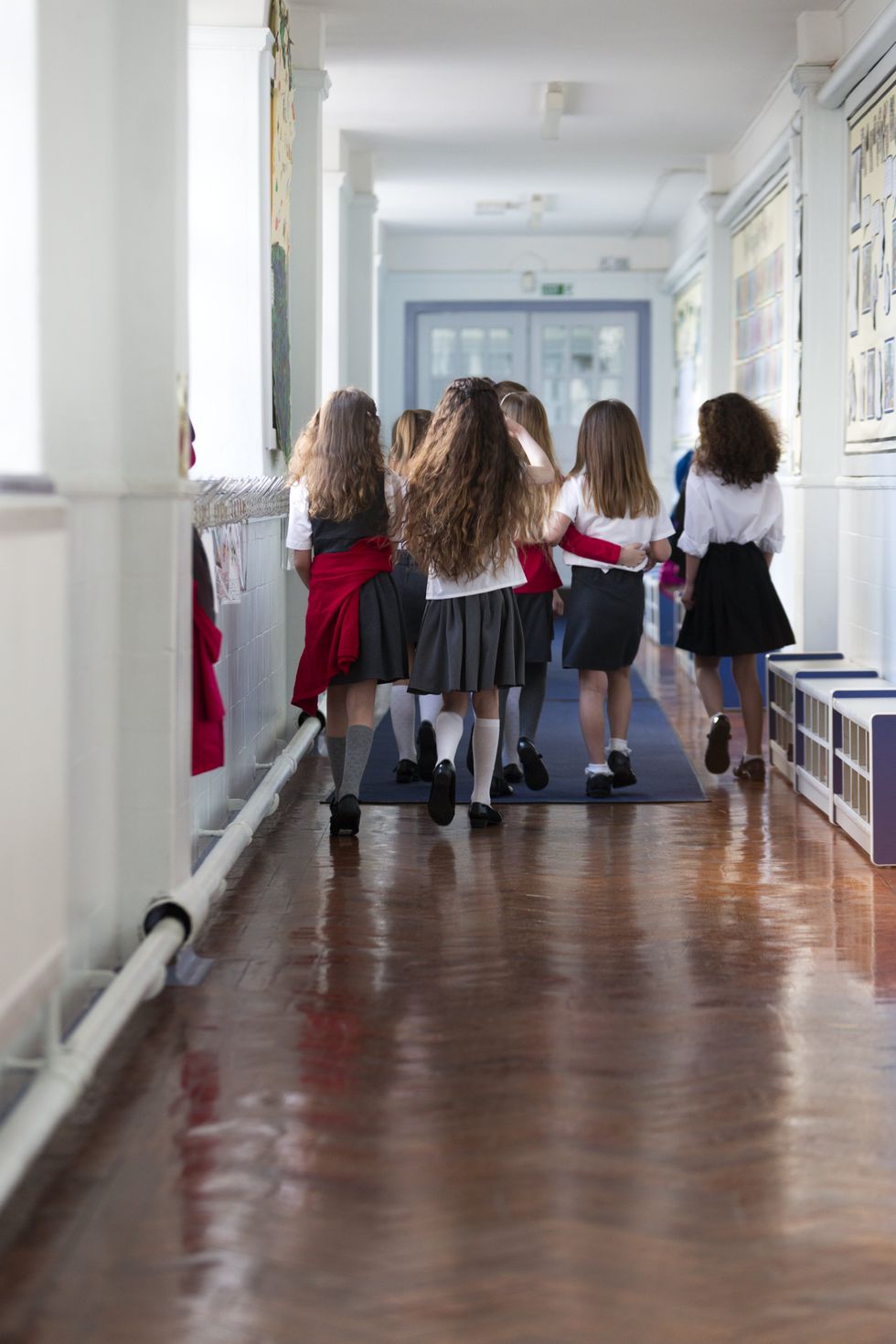
More than 80 independent schools have closed since the levy was introduced
| GETTYThe disruption has prompted a surge in home education, with Wolsey Hall Oxford reporting a “huge shift” in parental enquiries.
Despite widespread closures, Treasury revenue targets appear achievable.
Schools have imposed steeper fee increases than expected, passing the VAT cost to families already facing high educational expenses.
Fees have risen by an average of 14 per cent, substantially above the Treasury’s 10 per cent forecast used for revenue projections.

Private school fees have risen by an average of 14 per cent
|GETTY
Government papers obtained through Freedom of Information requests by the Telegraph show ministers anticipated schools would absorb only one per cent of the VAT burden, transferring the rest to parents through higher fees.
The levy was projected to raise £460million between its January launch and the end of the 2024–25 tax year.
With fee increases exceeding forecasts, Treasury officials expect revenue goals to remain on track despite contraction in the independent school sector.
Education Secretary Bridget Phillipson has described independent schools as “businesses that can make choices about how they manage their budgets,” rejecting concerns about the policy’s effects on families and educational standards.






